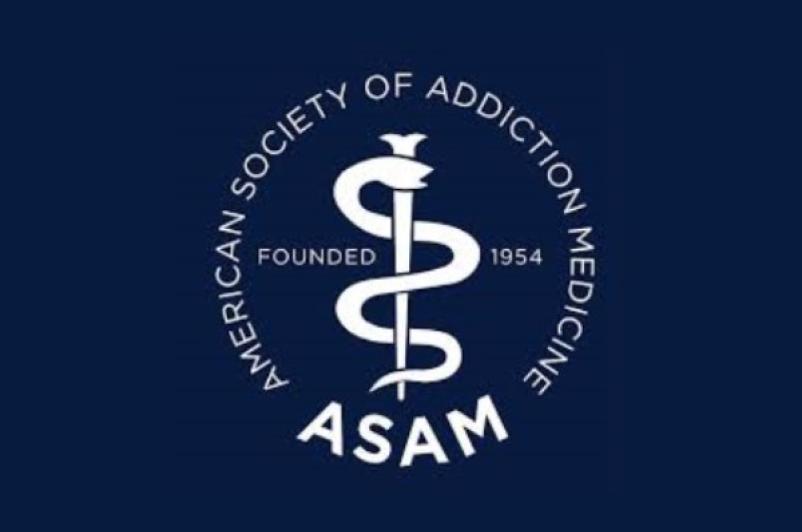
Julia Hunter, MD, MPH, FASAM, Medical Director of UHS Addiction Medicine, was recently named to the American Society for Addiction Medicine (ASAM)’s Board Exam Study Tool faculty. ASAM is the physician-led professional community for those who prevent, treat, and promote remission and recovery from the disease of addiction.
The seven-member faculty group oversees a study question database physicians can utilize to prepare for the multiple-choice board-certification exam. Questions cover genetics, medical complications of use, intoxication and withdrawal, and more. Said Dr. Hunter. “Most physicians taking the Board exam use this study tool. As faculty members, we create new questions and edit existing ones, as well as add evidence-based new material that can be used for in-depth topic study.”
"Dr. Hunter is a champion for patient centered care. She researches evidence based practices and has a strong record of implementing these approaches in our Addictions Programs." said Kay Boland, senior vice president, chief nursing officer and chief operating officer, UHS, "Dr. Hunter is passionate about education of health care professionals and she will undoubtedly be a strong resource for the exam process."
Dr. Hunter – an ASAM member for a decade – applied and was selected for the three-year faculty appointment. To qualify for board certification in the subspecialty of addiction medicine, physicians must first have a primary specialty, such as internal medicine or family practice. “Addiction medicine is a relatively new specialty – it’s described as ‘entering the house of medicine’ in 2018. There’s a shortage of addiction medicine practitioners due to the opioid epidemic, so I’m happy to help more physicians prepare for the board certification exam,” said Dr. Hunter.
Addiction medicine became Dr. Hunter’s focus after working with specialty pioneer Dr. John Brooklyn in the University of Vermont’s family medicine residency program. “He created the ‘hub and spoke’ method, starting patients on suboxone and then referring them out to their primary care providers for ongoing care. I was fascinated with the specialty after a training rotation with him, and I’m pleased that residency programs now require addiction medicine exposure for students,” she said.
Dr. Hunter has been with UHS since 2016, and highlights patient success as the most rewarding aspect of her work: “Patients get well and stay well. We have a Hepatitis C elimination clinic within our methadone clinic, we vaccinate for Hep A and B. UHS supports clinical innovation like this, and it’s just awesome to see people get better.”
For more information about addiction medicine at UHS, click here.


